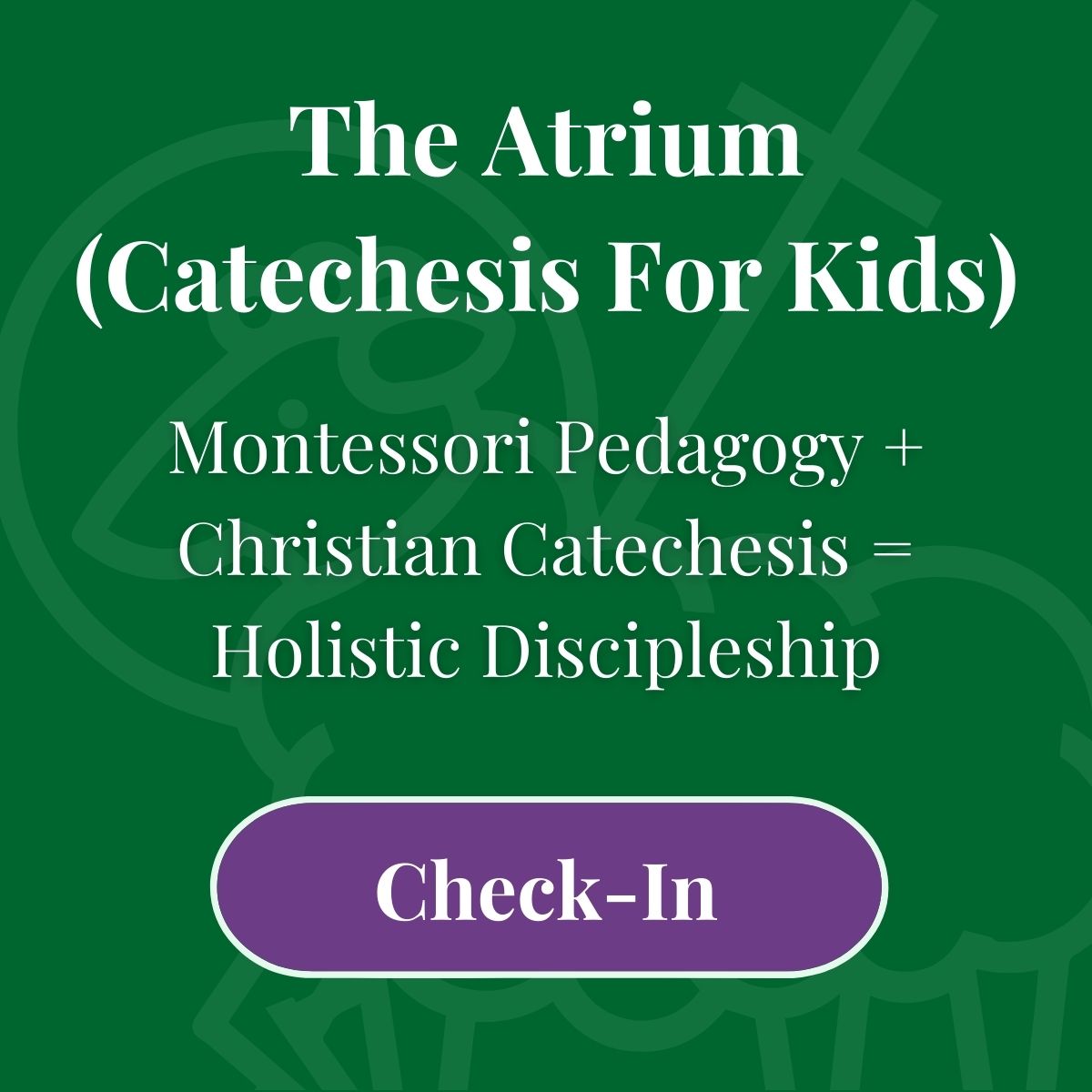Welcome To All Saints
Whether you are visiting, new to the community, or searching for a church home, you will find All Saints to be an engaging congregation that loves to worship God in the Anglican tradition. We invite you to join us as we meet with our Lord Jesus in Word, Sacrament, and transcendent Worship. (Our rector, Father Isaac Rehberg)
The Anglican Way
Ancient Faith
We hold to the same faith, practice, and doctrine that nourished the earliest Christians.
Transcendent Worship
We worship according to the ancient rhythms and liturgical patterns of the historic Church.
Classical Formation
We form disciples holistically in community through practice of timeless spiritual disciplines.
Join Us As We Worship Our King
Worship Schedule
11122 Link Drive, San Antonio, TX 78213
Sunday
Holy Communion ✝ 9:00 AM
The Atrium (Kids) ✝ 9:00 AM
Adult Catechesis ✝ 10:30 AM
Holy Communion (Choral) ✝ 11:15 AM
Wednesday
The Atrium (Kids) ✝ 9:15 AM
Matins (Morning Prayer) ✝ 9:30 AM
Evensong (Evening Prayer) ✝ 6:00 PM
Ash Wednesday and Shrove Tuesday 2026

Click for more info







Running the Race, Trusting God's Grace
A Homily for Septuagesima
Texts: 1 Corinthians 9:24-27, Deuteronomy 34, Matthew 20:1-16
Texts: 1 Corinthians 9:24-27, Deuteronomy 34, Matthew 20:1-16
From the 11:15 Service on 02/01/2026

Confirming our Faith
Our Current (And Ongoing) Adult Confirmation Classes
A YouTube Playlist

The Old Testament Wisdom Literature
A Discussion of the Books of Job, Psalms, Proverbs, Ecclesiastes, and Song of Songs
Our Current Christian Education Series
Connect
11122 Link Drive
San Antonio, TX 78213
210-975-3234
Explore
Find
Copyright © 2026 | Powered by  churchtrac
churchtrac


